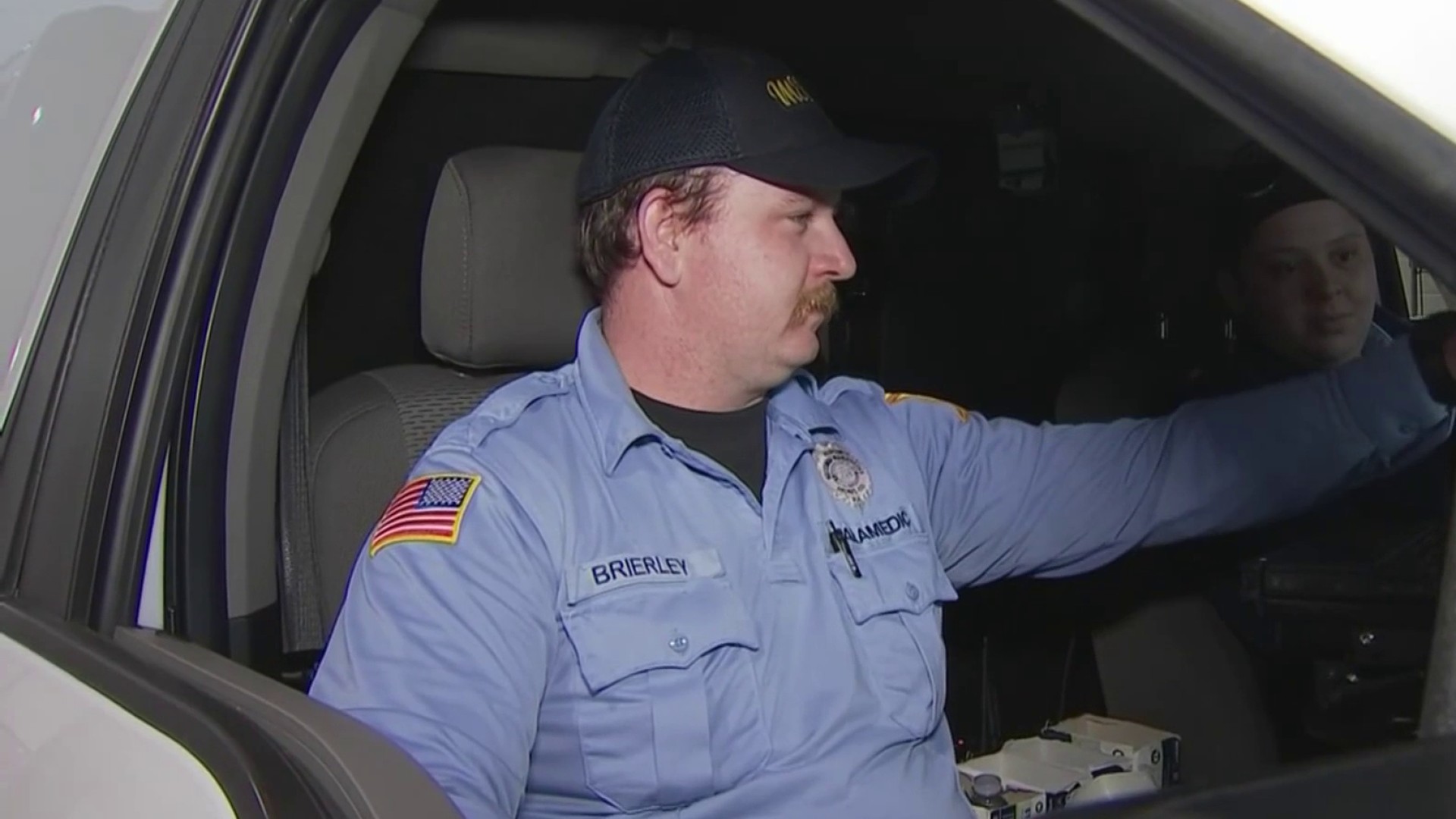Numerous questions hung Tuesday over Gov. Tom Corbett's plan for additional federal Medicaid dollars, a day after he announced the plan and sent an outline to federal officials.
WATCH: Building Collapse Victim's Parents
Corbett's proposal hinges on an idea several other states are exploring. It calls for using new federal Medicaid dollars to buy private insurance policies, instead of expanding government rolls for adults who are newly eligible for coverage under President Barack Obama's signature 2010 health care law.
But private insurance policies cost much more than the traditional Medicaid program, and it is not clear who would pay the difference or how that gap would be eliminated.
Joan Alker, executive director of the Georgetown Center for Children and Families in Washington, D.C., described the arrangement Tuesday as an experiment. "... and the federal government has indicated that they're willing to consider a limited number of these experiments,'' Alker said.
Medicaid costs less because its reimbursements and administrative costs are lower and it doesn't build in profits, analysts say. Corbett administration officials hope private-sector competition will force prices down enough to eliminate the gap.
Alan Weil, executive director of the National Academy for State Health Policy in Washington, D.C., said he believes the gap will eventually disappear, partly because consumers will be able to compare insurance policies side-by-side in the new government-run insurance exchanges that, under the 2010 law, open for business Jan. 1.
Local
Breaking news and the stories that matter to your neighborhood.
Comparison shopping will bring down the cost of commercial policies while Medicaid reimbursements must rise if the state-federal program is to expand and be accepted by more medical professionals, Weil said.
"The question is at what speed? How quickly?'' Weil said.
So far, the Corbett administration has submitted a 12-page ``concept paper'' to the U.S. Department of Health and Human Services. Seeking changes, as Corbett is, to the Medicaid expansion envisioned by the 2010 law will require a long process of public comment periods and federal review.
Under the law, the federal government is to cover the entire cost of a state's new Medicaid enrollees in 2014 through 2016 before the federal share begins to gradually drop to 90 percent. Accepting the money would insure people who earn up to 133 percent of the federal poverty level, or about $31,000 for a family of four.
That would mean coverage for about 520,000 uninsured Pennsylvania adults who are newly eligible, the Corbett administration said for the first time Monday.
Initially, the Corbett administration said the Medicaid expansion, plus other requirements of the health care law, would result in more than $4 billion in costs to Pennsylvania taxpayers over eight years. This week, Corbett didn't release an estimate of how much his plan would cost taxpayers.
Other elements of Corbett's Medicaid plan could run into trouble. Analysts say Corbett's desire to require able-bodied, working-age Medicaid enrollees to show that they are actively searching for jobs and to impose premiums on people who earn below 100 percent of the federal poverty level is not allowed by federal law.
Alker called the job search requirement a "nonstarter.'' Richard Weishaupt, a lawyer with Community Legal Services of Philadelphia, a public interest law center that advocates for the poor, called Corbett's plan to impose premiums a "reach.''



